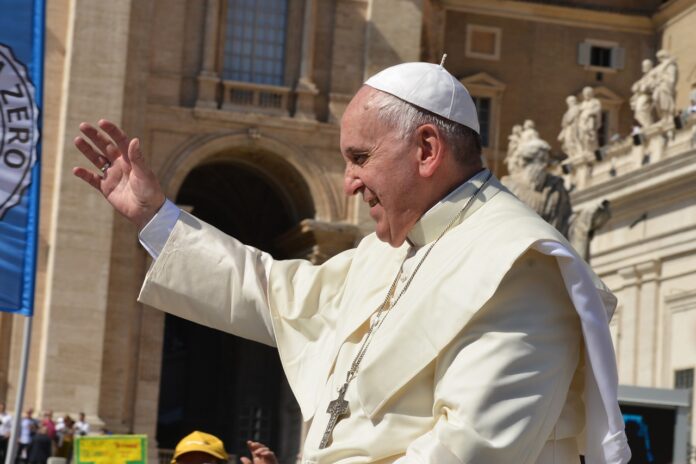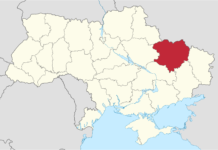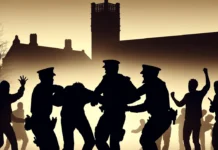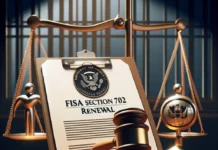In an era where the echoes of conflict reverberate across borders, Pope Francis’s reflections on the Ukraine war represent a poignant appeal for peace that transcends the conventional narratives of geopolitical discourse. His insights suggest a broader causality, implicating not only Russian ambitions but also the vested interests of other global powers. This perspective challenges the simplistic binary of aggressor versus victim, promoting a more nuanced understanding of the conflict’s underpinnings.
“The war in Ukraine is driven by the interests of several ’empires’ and not just of Russia’s,” Pope Francis remarked, illuminating the multifaceted nature of international conflicts. His advocacy for dialogue, especially with Russian leadership, underscores the Vatican’s commitment to fostering reconciliation and peace.
Simultaneously, the Vatican’s diplomatic stance, as articulated by Pope Francis, extends to broader considerations, such as its relationship with China. The Pope emphasizes the importance of cultural understanding and acceptance, reflecting a sophisticated approach to international relations. This perspective not only pertains to the specific context of Ukraine but also informs the Vatican’s broader mission to bridge cultural and ideological divides across the globe.
While the Kremlin’s response to Pope Francis’s appeals has been less prominently covered, it’s essential to consider Russia’s position within this dialogue. Historically, Russia has articulated its perspective on the conflict through a lens of security concerns and geopolitical interests. The Russian government’s statements often emphasize the importance of respect for sovereignty and the need for security guarantees.
In this complex dialogue, the Pope’s messages stand out as a call for a higher moral ground, urging all parties involved to consider the human cost of conflict and the universal desire for peace. “Every war leaves our world worse than it was before,” Pope Francis has been known to say, highlighting the devastating impact of armed conflict on societies and individuals alike.
The juxtaposition of the Vatican’s peace-centric rhetoric against the backdrop of geopolitical strategizing presents a compelling narrative. It underscores the potential for moral and spiritual leadership to influence the course of international relations. Pope Francis’s willingness to engage with leaders on all sides of the conflict, including his readiness to speak with President Vladimir Putin, exemplifies a proactive approach to peacemaking.
As the world navigates the complexities of the Ukraine war, the interplay between the Vatican’s moral appeals and the Kremlin’s geopolitical calculus offers a unique lens through which to understand the potential pathways to peace. The dialogue between these distinct voices – one spiritual, one political – encapsulates the multifaceted efforts required to resolve such a deeply entrenched conflict.
The narrative around the Ukraine war, enriched by Pope Francis’s appeals and the responses it garners, including from the Kremlin, underscores the enduring relevance of diplomatic engagement and moral leadership in the quest for peace. It is a reminder that behind the strategies and interests that shape international relations, there is a shared humanity that yearns for a world where dialogue triumphs over discord, and peace is pursued with unwavering commitment.










